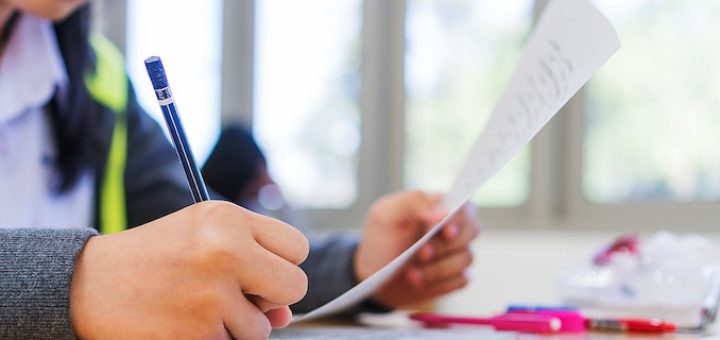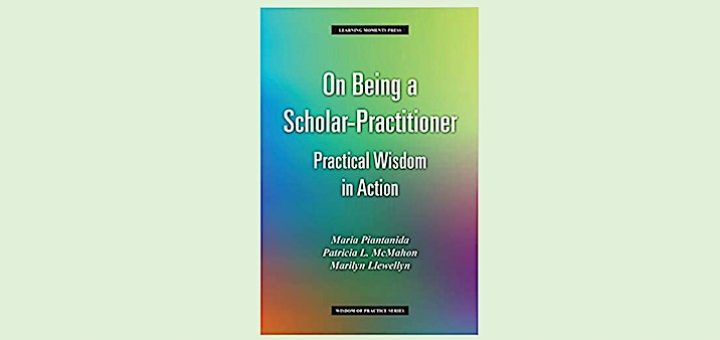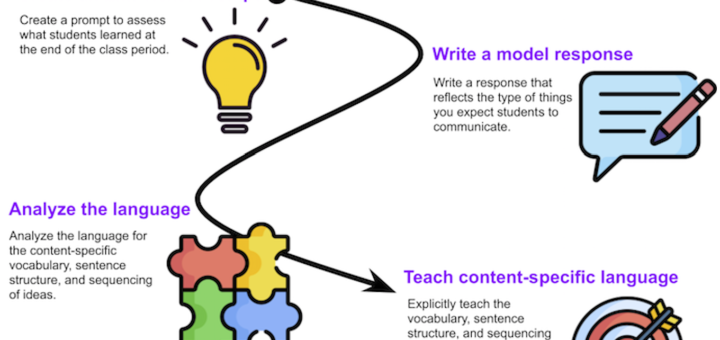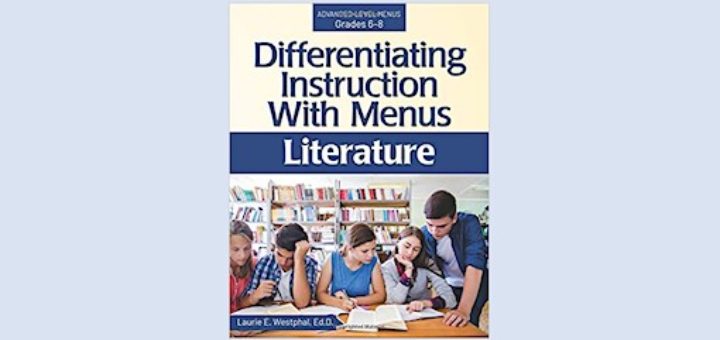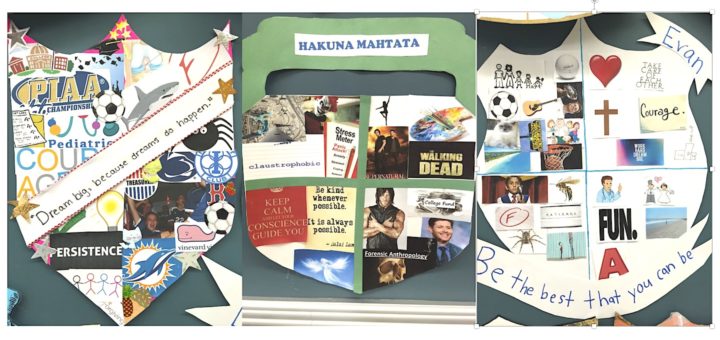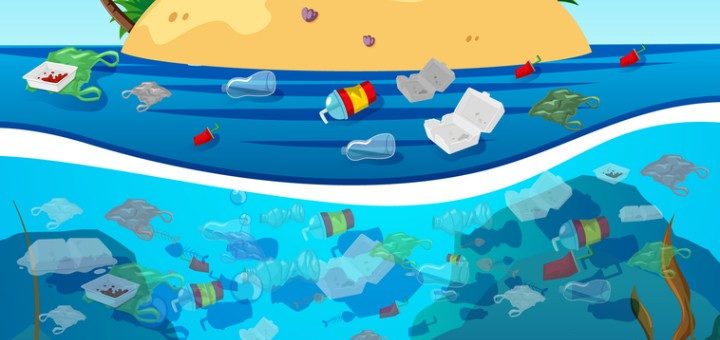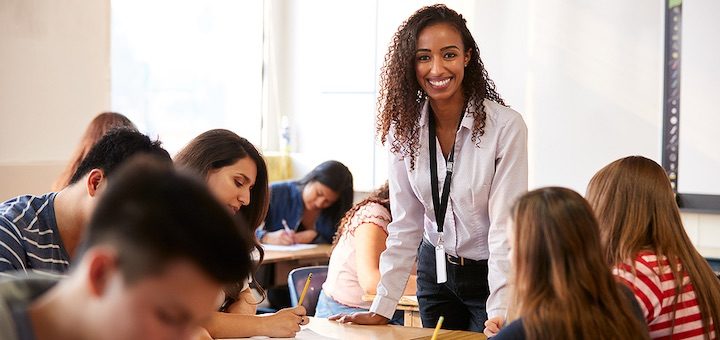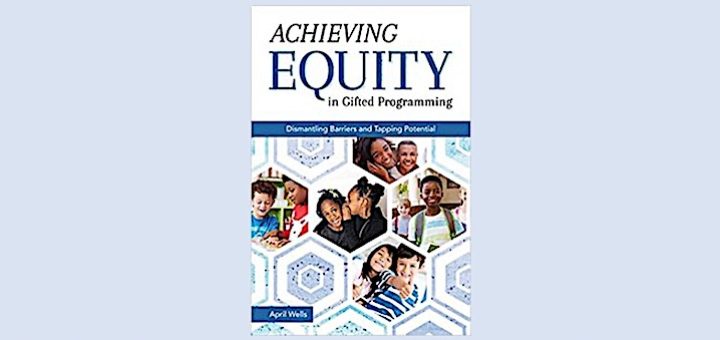Teaching and learning in grades 4-8
After learning virtually for some weeks, many of Michelle Russell’s math students got in the habit of writing down little or no evidence of how they reached their conclusions. Which got her thinking. “What does it really mean when you tell students to show their work?”
Are your students’ annotated texts hard to make sense of? Do they underline entire sections of a source and write very few comments? This can be a huge impediment to meaningful learning for some kids. Sunday Cummins offers 4 keys to sharpening their annotation skills.
If you are looking for a book that provides a realistic yet hopeful view of what it means to be an educator and a researcher by way of viewing yourself as a Scholar-Practitioner, then this book fits the bill, writes teacher educator/researcher Megan Reister.
You don’t have to be an ELA teacher to teach academic content to English learners. The goal is to guide students in using language “like an expert in a particular field would use it,” writes Tan Huynh, who shares a 4-step process used by international consultant Beth Skelton.
For any educator interested in offering student choice but unsure of how to begin, Laurie Westphal’s Differentiating Instruction With Menus approach offers a strategy that will ease fears about loss of control and assure quality work, writes teacher Erin Corrigan-Smith.
When we find time in our busy school day to introduce a current event text, like a magazine cover, we’re actually helping students understand how images are used to communicate and even manipulate. Frank Baker shares a resource-rich pandemic media literacy lesson.
Focusing on the elements of the epic hero, this activity from author and 2019 PA TOY Marilyn Pryle helps students learn about literary elements while reflecting on their own lives, goals, and obstacles as they consider the hero’s backstory, good qualities, flaw, and quest.
STEM kids need to ratchet up their know-how about the real-world problem of plastics pollution and work together on sensible solutions. As they tackle this impending global crisis, they’ll grow problem-solving competencies for a lifetime, writes STEM educator Anne Jolly.
For those with positive stories, social-emotional learning helps reinforce the skills they need to succeed. For those with stories of trauma, SEL can help balance negative experiences with positive ones. Author-educator Marilee Sprenger shows how brain research can help.
April Wells tackles inequity in gifted education by sharing the story of an urban district that redesigned its gifted programs and took aggressive steps to remedy the lack of racial, economic and language diversity. Teacher educator Sarah Pennington finds the book timely.


